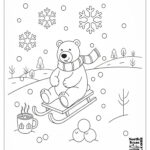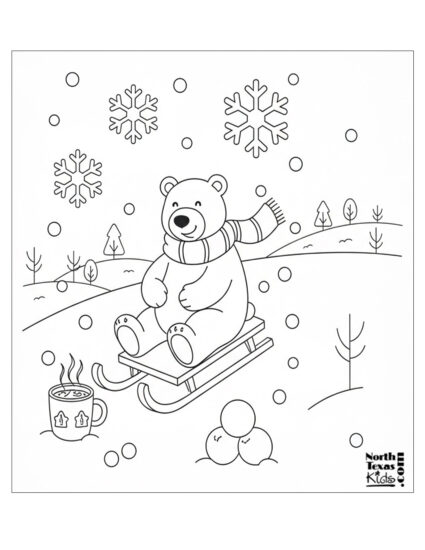8 Tips to Save on Dining Out
8 Ways to Save Money on Dining Out
By Andrea Woroch
There are many ways to save on dining out, whether it’s at your favorite diner or the best restaurant in town. Read on for tips to enjoy a tasty evening without overindulging your financial appetite.
1. Tune Your Radar
Since celebrity chefs congregate in big cities like New York and Los Angeles, you may assume Restaurant Week is only available in those locations. Wrong! If you live in or near cities such as Denver, Chicago, Charleston, Ann Arbor and San Diego, you have access to great food for less, too. A quick Google search should educate you on the timeframe and participating restaurants in your area.
2. Get Rewarded for Research
By now you know to never enter a new restaurant without first reading reviews. Sites like Yelp.com dominate restaurant review resources, but sometimes you can also find a voucher for additional savings. This is especially true for new restaurants hoping to build a customer base.


















